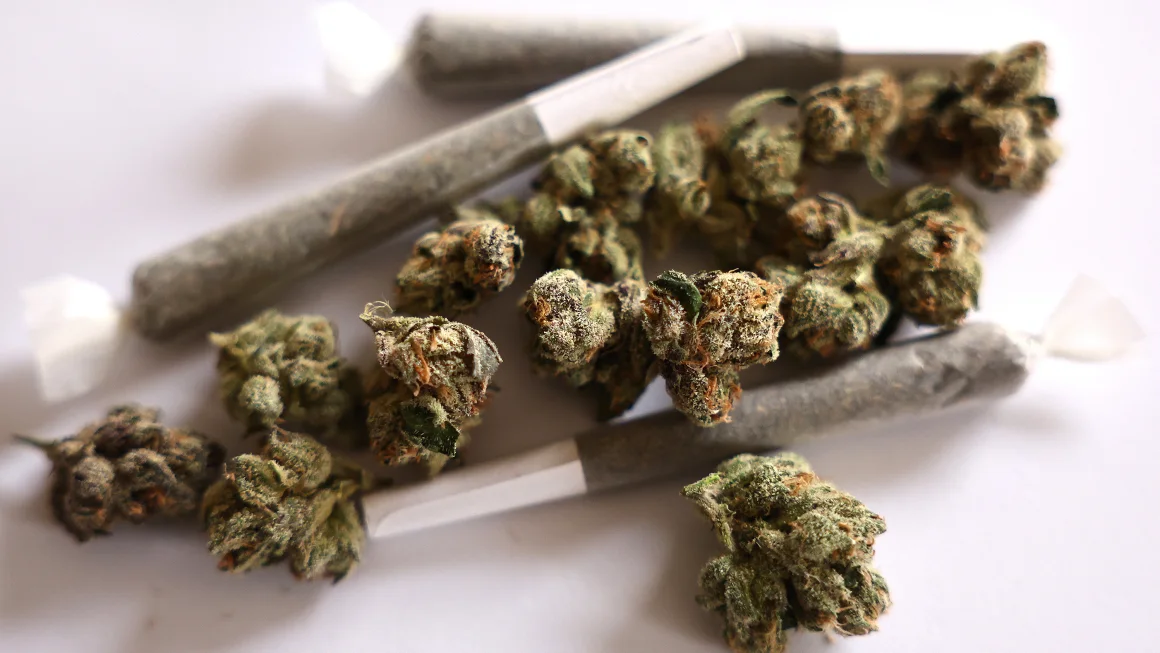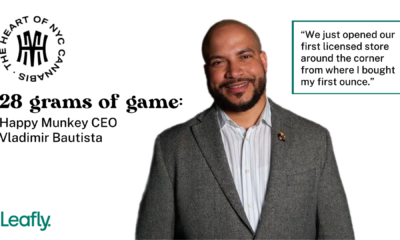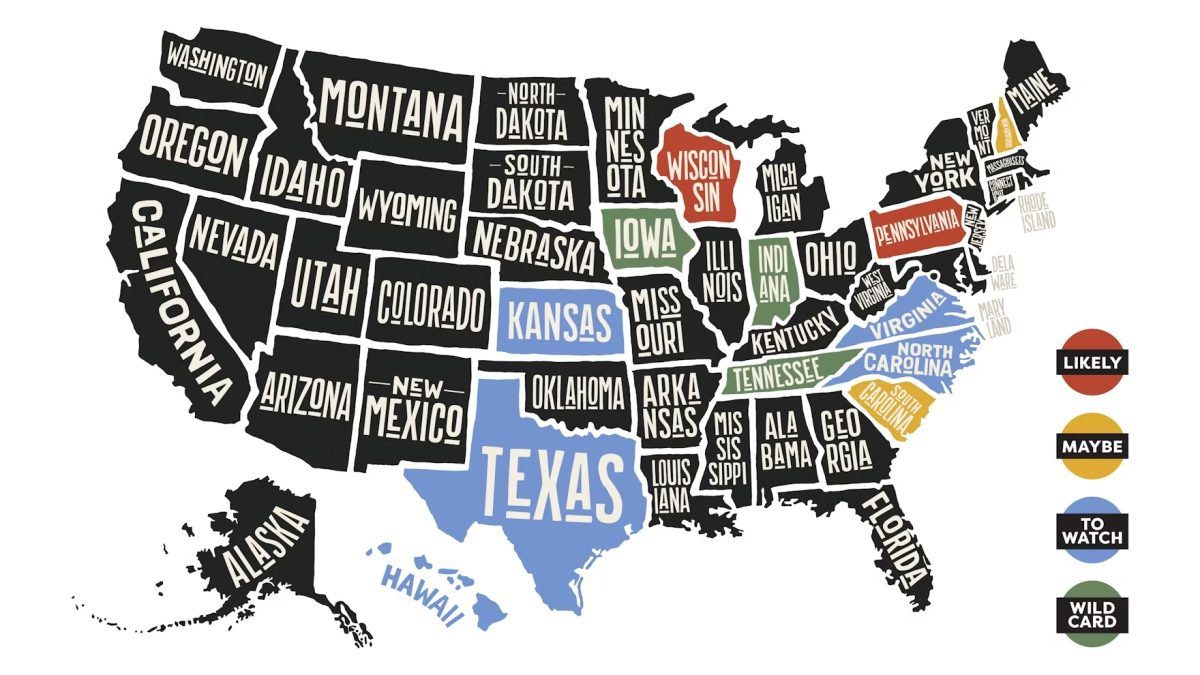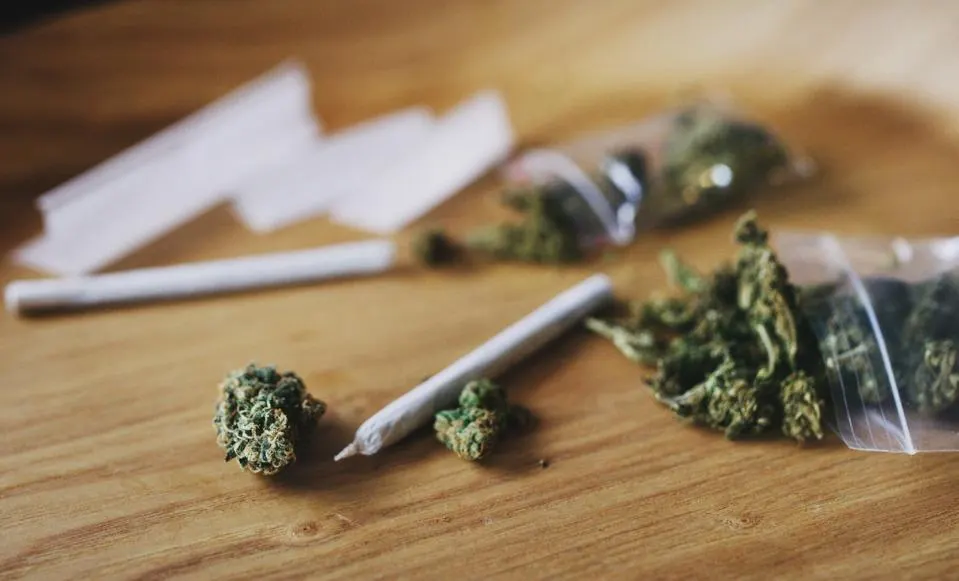Cannabis, or marijuana, has come a long way on the road back to legitimacy in the United States, and it soon may pass an important milestone: rescheduling. That’s the technical term for reclassifying it as a less dangerous drug, which would loosen some restrictions around it at the federal level.
Cannabis was widely used as medicine in the 1800s and early 1900s. But Congress effectively criminalized it in 1937 with passage of the Marihuana Tax Act. However, starting in 1996, marijuana has since become accessible in most states for adult medical or recreational use.
https://www.cnn.com/2024/09/30/health/cannabis-marijuana-rescheduling-wellness/index.html










































